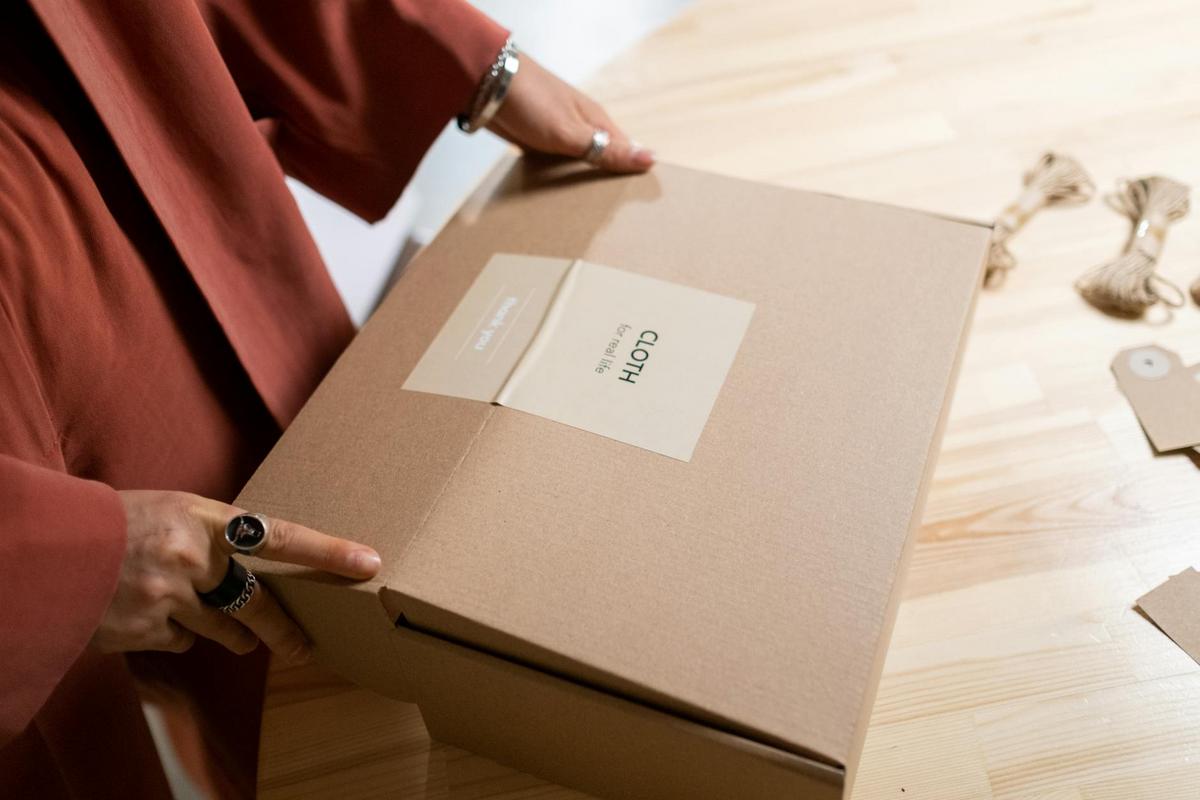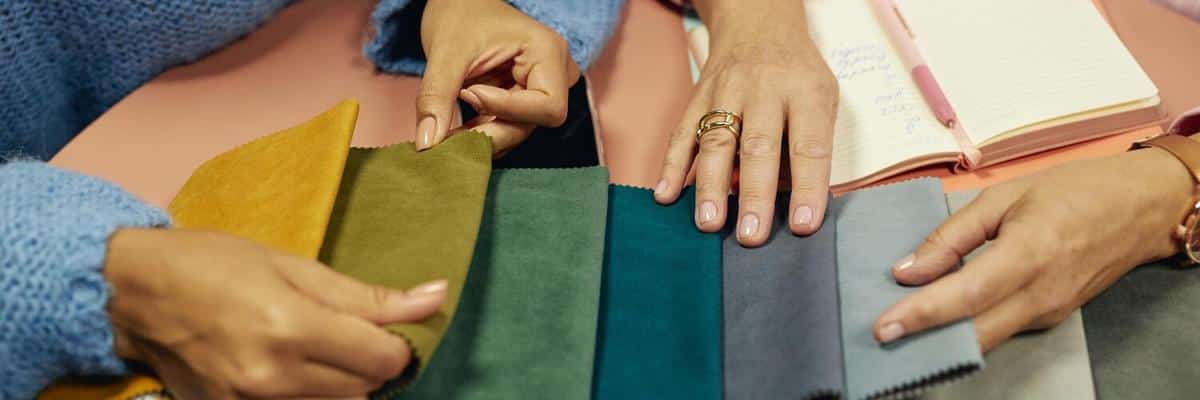
Sustainable Fashion Certifications: What They Mean and Why They Matter
As sustainability continues to gain traction across various industries, fashion stands at the forefront of this movement. Sustainable fashion certifications have emerged as pivotal tools, helping consumers navigate the complex landscape of ethical fashion choices. Understanding these certifications is crucial for anyone looking to make informed and environmentally conscious purchasing decisions.
Sustainable fashion certifications serve as benchmarks for assessing the environmental and social impacts of clothing production. These certifications are issued by independent organizations that evaluate various factors such as labor conditions, environmental footprint, and resource usage. They provide a reliable framework for consumers and brands alike to ensure transparency and accountability in the fashion industry.
The Importance of Sustainable Fashion Certifications
Certifications in sustainable fashion are vital as they offer a standardized method of measuring and communicating the sustainability practices of brands. According to a report by McKinsey & Company, 67% of consumers consider sustainability when purchasing apparel. This growing demand highlights the need for clear and trustworthy certifications.
“Certifications in sustainable fashion act as a guide, helping both consumers and companies make more informed decisions,” says Marie Johnson, a sustainable fashion expert.
Understanding Key Certifications
| Certification | Description |
|---|---|
| Global Organic Textile Standard (GOTS) | Recognized worldwide, GOTS ensures the organic status of textiles from harvesting to labeling. |
| Fair Trade Certified | Focuses on equitable trade practices, ensuring fair wages and safe working conditions. |
| OEKO-TEX Standard 100 | Tests for harmful substances, guaranteeing textiles are safe for human use. |
| Bluesign | Addresses resource productivity and environmental impact in textile production. |
| Cradle to Cradle Certified | Assesses products for safety to humans and the environment, and design for future life cycles. |
| Better Cotton Initiative (BCI) | Aims to make global cotton production better for those who produce it, the environment, and the sector’s future. |
| Forest Stewardship Council (FSC) | Certifies that the wood-based materials come from responsibly managed forests. |
| Responsible Wool Standard (RWS) | Ensures wool comes from farms with progressive land management and animal welfare. |
Why These Certifications Matter
For consumers, these certifications serve as a beacon of trust, ensuring that the products they purchase align with their values. For brands, obtaining certifications can enhance credibility and appeal to a more environmentally conscious market. A study by Nielsen indicates that 73% of millennials are willing to pay more for sustainable goods, emphasizing the market potential of certified products.
Actionable Tips for Conscious Consumers
- Research the certifications most relevant to the products you frequently purchase.
- Look for certification logos on clothing labels when shopping.
- Support brands that transparently communicate their sustainability efforts.
- Consider the entire lifecycle of a garment, from production to disposal.
When shopping online, use filters to search for products with specific certifications to streamline your search for sustainable options.
Frequently Asked Questions
What is the most recognized sustainable fashion certification?
The Global Organic Textile Standard (GOTS) is one of the most recognized certifications globally, ensuring organic status throughout the supply chain.
How can certifications impact a brand’s reputation?
Certifications can significantly enhance a brand’s reputation by showcasing their commitment to sustainable and ethical practices.
Are all certifications the same?
No, each certification focuses on different aspects of sustainability, such as environmental impact, social responsibility, or chemical safety.
Conclusion
Sustainable fashion certifications play a crucial role in guiding both consumers and brands towards more ethical and environmentally friendly practices. By understanding and prioritizing these certifications, we can collectively drive the fashion industry towards a more sustainable future. Engaging with certified products not only supports better practices but also contributes to global sustainability efforts. Next time you shop, consider the certifications and take a step towards a greener wardrobe.


